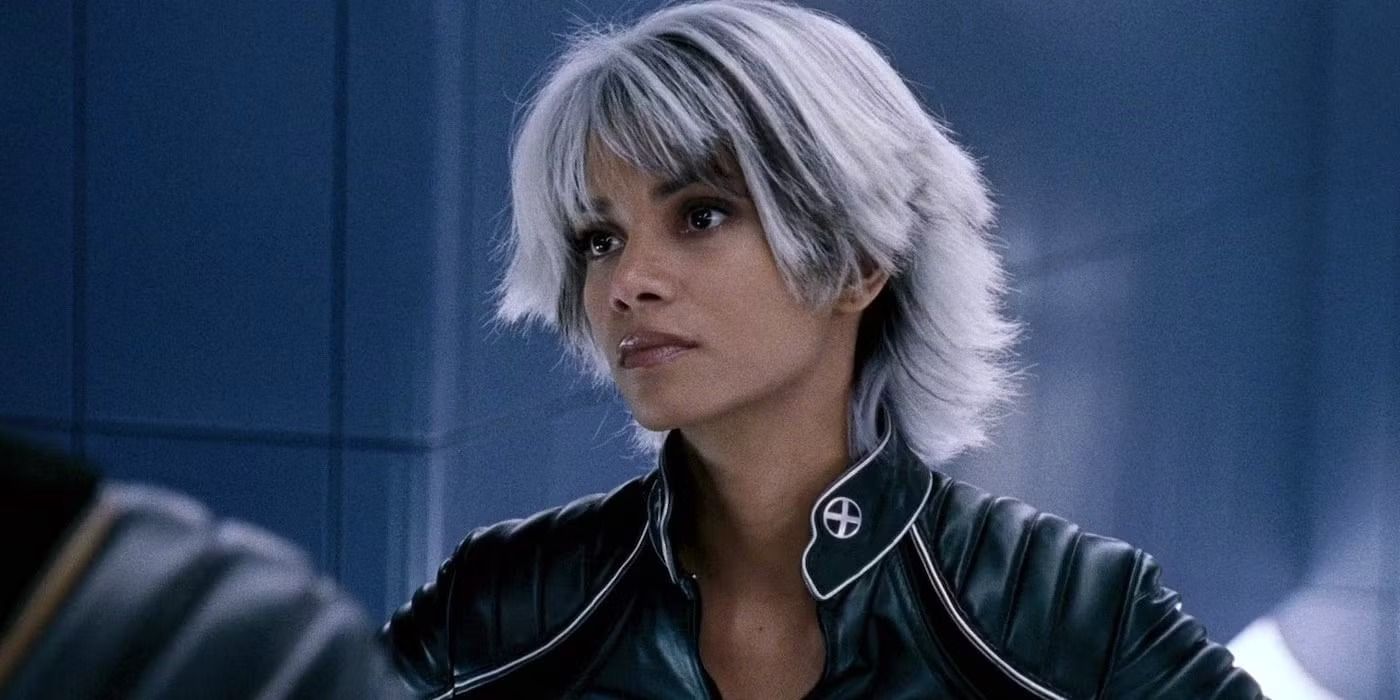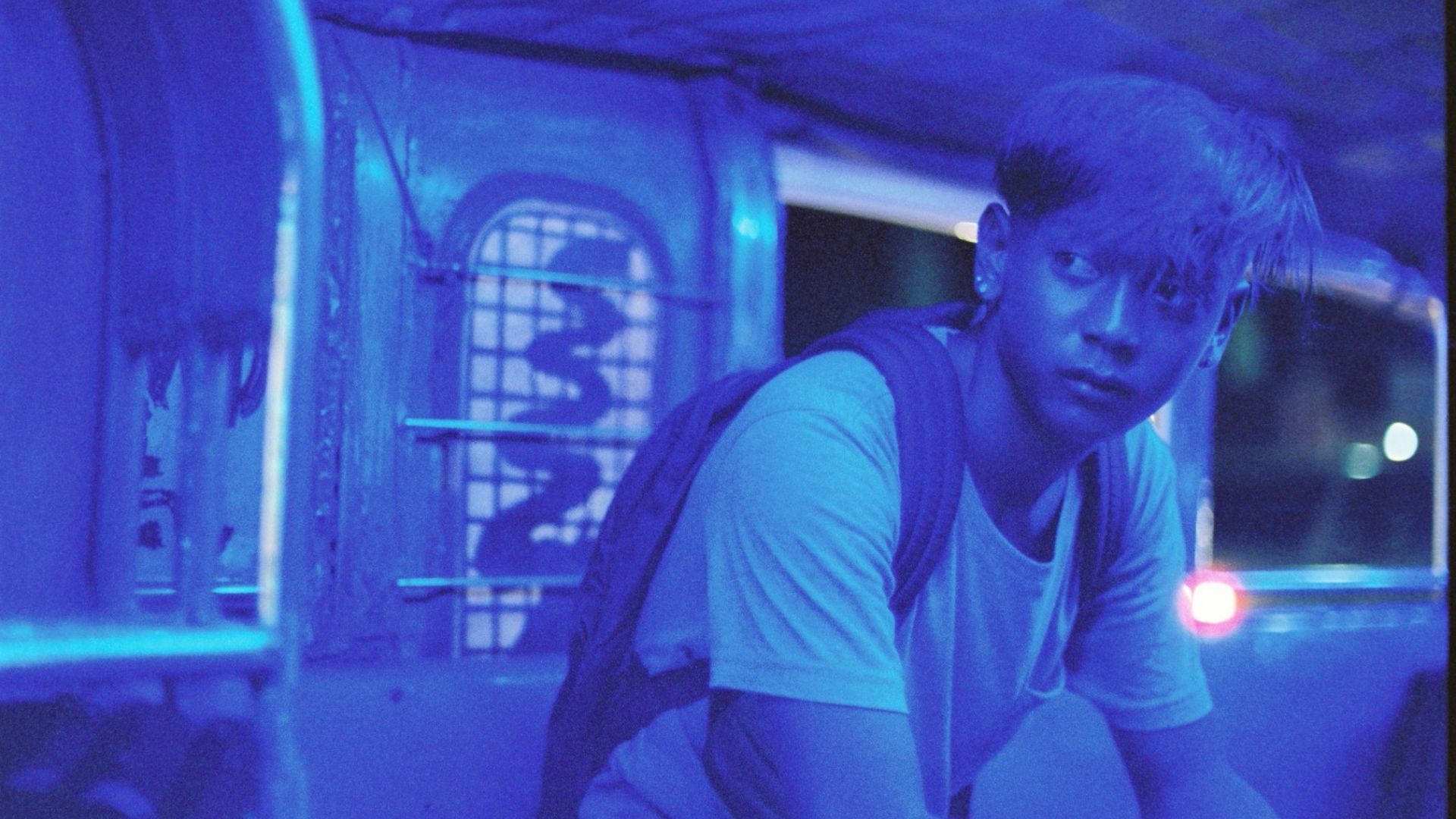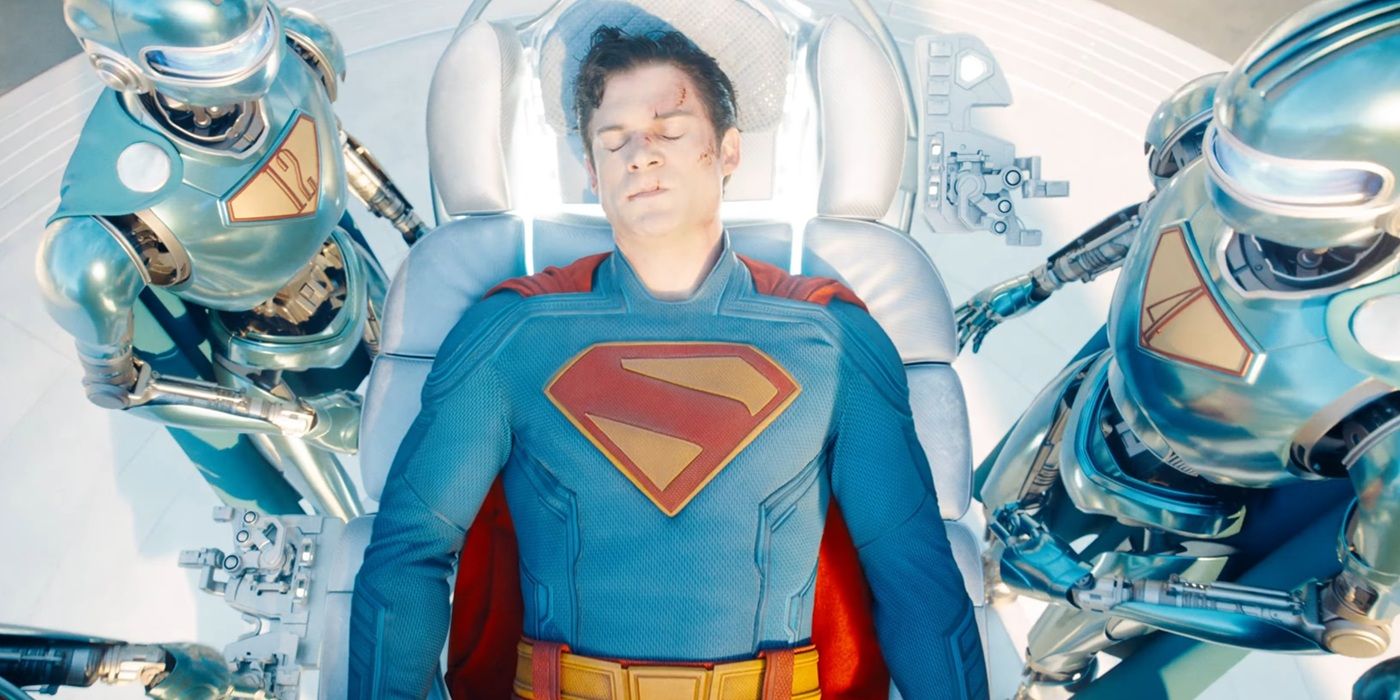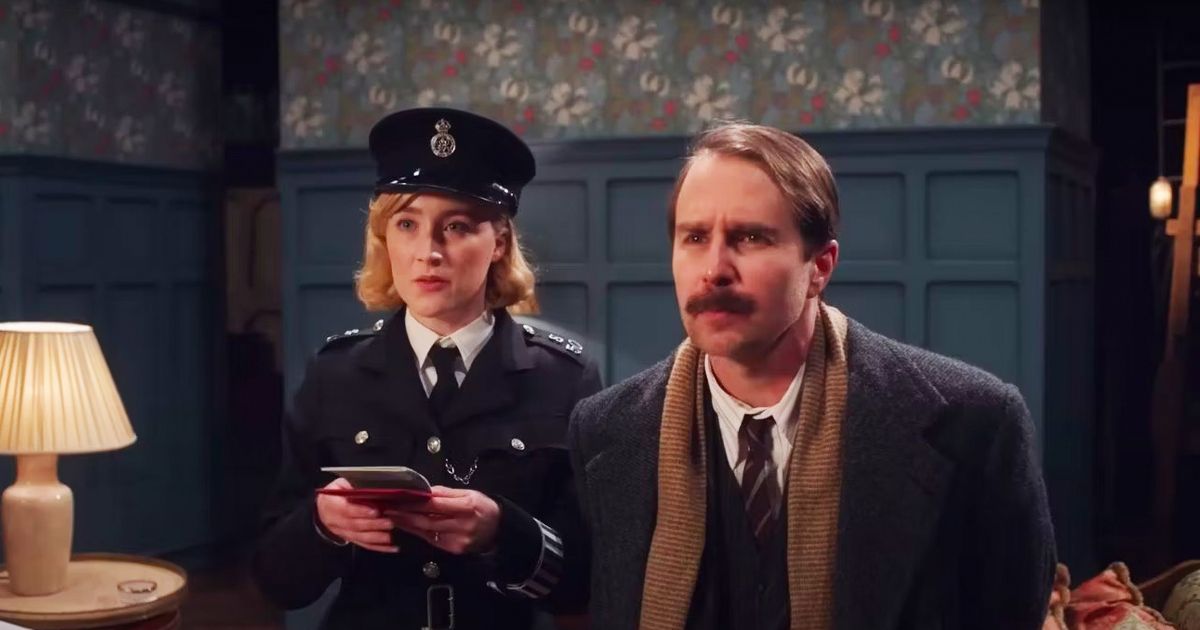The middle section of the film—where Lucien rises to the top of his new profession, all as the voiceover tells us what we are seeing and what it means—is a beautiful piece of filmmaking, masterfully handled by Giannoli, along with cinematographer Christophe Beaucarne and editor Cyril Nakache. Everything is urgent, exciting, exuberant, the camera hurtling through the streets, through the theatre’s backstage area, through the clamorous newspaper offices. The section never stops to take a breath, and feels all of a piece, part of the same flow. The voiceover explains everything. It’s not enough to know Lucien works for the opposition press. We also need to know that the society is weary after the one-two-punch of the Revolution and Napoleon: they just want to chill out, make money, have fun. Opposition papers, anti-royalist papers, are all the rage, and the competition is fierce. We learn about theatre, and how reviews are paid for, how even applause (and/or catcalls) are paid for. It’s reminiscent of Robert De Niro’s voiceover in “Casino“: “Here is how this world works, let me walk you through it.”
The cast is excellent overall, with Lacoste and Dolan as the standouts. Lacoste is perfect as a man who is a lot of fun when he likes you, but dangerous when roused as your enemy. Etienne is soulless, heartless, corrupt, but his cocky self-pleased grin makes corruption attractive. Xavier Dolan mostly acts in the polarizing films he’s directed, so it’s fascinating to see him give a performance with someone else at the helm. He’s so contained and controlled, he knows his own power, he emanates ambiguous sexual energy, all of which means he is extremely compelling to watch. Voisin has a huge journey to go on from country bumpkin to city slicker to ruined man, and he is very effective and well-cast. The book makes much of his looks—Balzac refers to him as “a Greek god,” not-so-subtle “code” for what was really going on. Oscar Wilde, who counted Balzac as one of his main influences, understood. This aspect of the story really isn’t present, although it’s there in how Dolan plays his scenes, the flickers of unspoken thoughts in his eyes as he gazes intensely at Lucien’s face. Dolan is a flirt, a seducer, and his whispering conferences with Lucien have a kind of sexual charge that has to be deliberate. More could have been made of all of this.
Lucien’s downfall is tragic but expected. The voiceover told us it was coming. What is unexpected is everything leading up to it. Yes, it’s sad Lucien came to ruin, but Giannoli makes his rise look like so much fun.
Now playing in select theaters.
You can view the original article HERE.





























